As a child, we grow up with a number of teachers / professors in school and coaches / instructors in outside activities ranging from sports to arts. At a very early age, “instruction” focuses on skills and “what to do.” As we get older, the good instructor focuses as much on “how to think about” a challenge or opportunity with the thought the maturing individual has the skill set to figure out his own best approach to achieve the desired outcome.
Unfortunately, when we become an adult, thoughtful instruction often ends. There are some bosses who appreciate the benefits of a thoughtful approach but too many find the easy way of telling their subordinates what to do. Where does the adult go for thoughtful advice especially when in a CEO/President position and even more so when a founder of a start-up?
This is why mentors matter so much. A mentor isn’t responsible for the outcome and isn’t a decision maker. While not a given, trust is easier to establish as there is less judging. With trust, both parties can explore options safely. Exploration drives the mentor to ask many more questions and compared to answers given. Equally, the mentoree can explore options and ask questions that might not be safe to do with a boss, a board, or an investor.
So, the mentor is a return to the wise coach or teacher who appreciates that thinking is as important as having a specific skill and “how to think?” is as important as “how to do?” The mentoree is guided to “open the lens” in thinking about a challenge but is left to determine how best to “close the lens” as she is responsible for outcomes, not the mentor. Occasionally, the mentor dives into skill training if required for a successful outcome but this should be the exception, not the norm.
We all deserve a good mentor, don’t we?
Jim Moar
Founding Mentor

